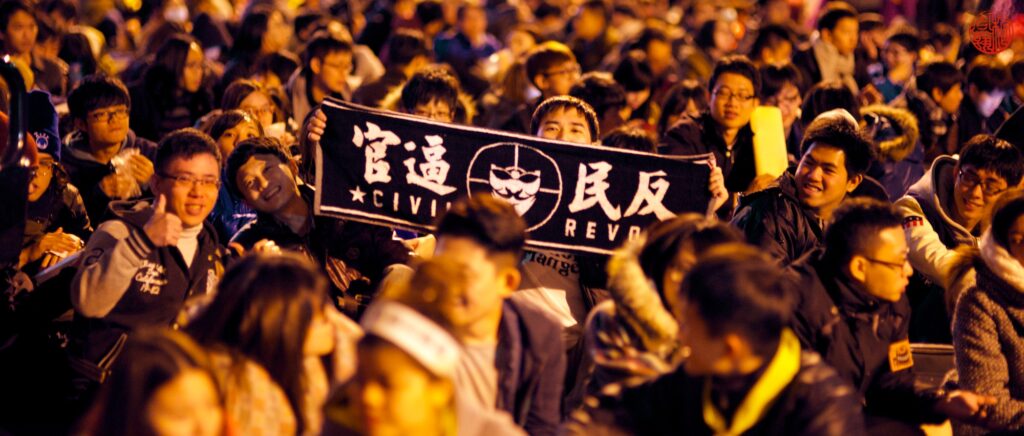
This week there will likely be a terrorist attack in Afghanistan – an attack that, like the recent one that left 15 dead, will target civilians, Afghan police, and/or NATO peacekeepers. In the same time period, the number of US soldiers killed in action will likely rise from 2,170 to 2,180. These events will occur as US officials assess Afghanistan’s ability to fend off insurgencies amid seemingly unending bombings, kidnappings, and wavering support for the war both at home and abroad. If, after 12 of years fighting, these are the meager results of thousands of lives lost and trillions of dollars spent, one may wonder: “was it worth it?”
Typically, the answer is an assessment of the War in Afghanistan through a security perspective – how safe is the US from terrorist threats or how stable is the Afghan government from Taliban insurgents? But this approach ignores a critical angle I’d like to address: the Afghani people.
13 years ago, Afghanistan was in the midst of conflict – a conflict that began with a communist coup in 1978, was precipitated by the Soviet invasion in 1979, and was furthered by a decade of civil conflict starting in 1992. America’s intervention in 2001, if even for questionable reasons, reduced unending violence and allowed for the first serious reconstruction efforts since 1978.
Since 2001, life expectancy in Afghanistan has risen by as much as 18 years per person while GDP has increased tenfold and billions of dollars of foreign aid have been unlocked. Similar improvements can be observed through other metrics such as infant mortality, which despite seeing little improvement during the 1990s, dropped by 50% after the Taliban’s fall.
Additionally, it is difficult to ignore the swell of liberties and political rights acquired by the average Afghan since America’s invasion. In the Taliban’s Afghanistan just 13 years ago, women were oppressed on historically unprecedented levels while everything from parakeets to public laughter was outright banned. Public beatings, shamings, and executions were not uncommon and though enforcement of laws was often uneven and arbitrary, these laws suffocated economic activity. Discriminatory policies and mismanagement of public facilities resulted in the ineffectiveness of many accommodations, most notably medical services.
Moreover, when in power, the Pakistan-funded Taliban showed no regard for Afghan culture or history as it deemed countless invaluable cultural artefacts sacrilegious. Just several months before Operation Enduring Freedom began in October of 2001, the Taliban demolished a pair of Buddhist statues known as the Bamiyan Buddhas despite fierce international objection. The two statues, built 1500 years ago, were registered UNESCO World Heritage Sites.
America’s war in Afghanistan has also made way for a new democratic system. The elections in 2004 were the first Afghanistan had seen in decades and the 2014 elections have marked the first time that power was transferred democratically in Afghanistan. And though Afghanistan’s first two elections were marred by controversy (something not uncommon in countries so poor) this year’s election has seen few issues aside from the threat of Taliban violence. Record turnouts rates have shocked the world.
America’s war itself has not wrought the destruction many seem to think it has. In the period between 1978 and the present, over 2 million people were killed in Afghanistan. However, nearly all of these deaths occurred before the 2001 invasion. Of those deaths since 2001, three-quarters were attributed to the Taliban. Meanwhile increased access to aid and medical services has saved countless lives among Afghanistan’s poorest residents.
So in addition to deposing a sacerdotal tyranny, allied forces in Afghanistan have offered the country an end to decades of conflict, have established a representative government, and have given Afghanistan a chance for reconstruction. The Taliban is gone and, given new data suggesting that only 35% of Afghans have any sympathy for armed resistance groups like the Taliban, it seems unlikely to return. Three-quarters of Afghans claim to be better off now than during Taliban rule and the same number feel satisfied with the current government’s performance. So as American military officials plan the troop withdrawal later this year, Americans may argue over whether the war was worth it for the United States, but there’s no debate that it was for Afghanistan.
The views expressed by the author do not necessarily reflect those of the Glimpse from the Globe staff and editorial board.






